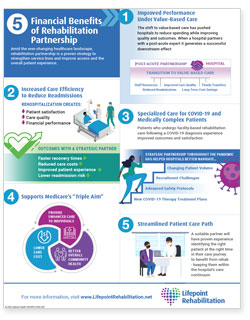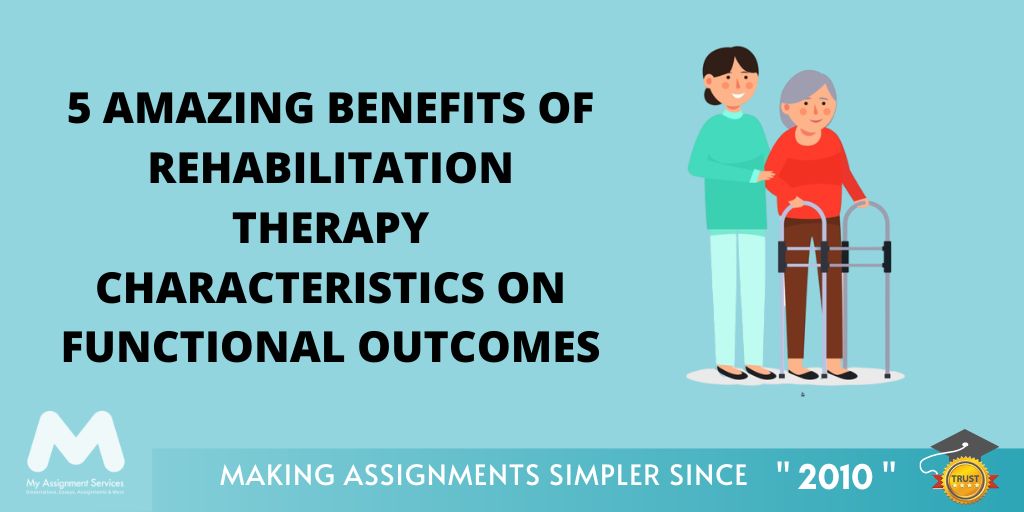Some Known Facts About Narconon Africa.
Wiki Article
Not known Incorrect Statements About Narconon Africa
Table of ContentsThe smart Trick of Narconon Africa That Nobody is Talking AboutExcitement About Narconon AfricaThings about Narconon AfricaNarconon Africa Fundamentals ExplainedNarconon Africa Can Be Fun For EveryoneOur Narconon Africa Ideas9 Easy Facts About Narconon Africa Shown
In a collection of papers with Manudeep Bhuller and Katrine V. Lken, we conquer these data challenges and the nonrandomness of jail time, providing new understandings into how incarceration influences recidivism, work, kids, and criminal networks - Substance abuse treatment. Number 1 Our job research studies the impacts of imprisonment in Norway, a setting with two essential benefitsWe can better connect this information to various other household participants, including kids and brother or sisters. We have information on co-offending that permits us to map out criminal networks for observed criminal activities. Second, we can take advantage of the random project of criminal situations to courts that vary in their tendencies to send out defendants to jail.
But some courts send defendants to prison at a high rate, while others are a lot more tolerant. We gauge a court's stringency as the average imprisonment price for all various other situations a court handles, after managing for court and year fixed impacts, which is the degree of arbitrary task. This quasi-random project of court stringency can be utilized as an instrument for imprisonment, as it highly predicts the court's decision in the current situation, however is uncorrelated with various other case characteristics both by layout and empirically.
Rumored Buzz on Narconon Africa
Characteristics of detainees, including demographics and crime groups, are broadly similar in Norway and various other countries, consisting of the United States, with the exceptions that the US homicide price is much greater, and race plays a larger function there. What stands apart as various, particularly compared with the USA, is the prison system.Figure 2In Norway, the average time spent behind bars is a little over six months, which resembles most various other Western European countries. This contrasts with ordinary US jail time of almost three years, which remains in large component the reason the USA is an outlier in its incarceration rate contrasted with the rest of the globe [Number 1]
Narconon Africa Can Be Fun For Anyone
This offers far more splitting up between minor and hard wrongdoers than exists in the USA. There is no overcrowding in Norwegian jails and much better individual safety and security, with each prisoner being assigned to their very own cell and a greater inmate-to-staff ratio than in the United States (https://experiment.com/users/narcononza12). Jails in Norway additionally offer well-funded education, drug therapy, psychological health and wellness, and task training programsOur research study on the impacts of incarceration on the wrongdoer, utilizing the arbitrary task of courts as an instrument, returns three essential searchings for. Imprisonment discourages even more criminal habits. We discover that incarceration decreases the likelihood that an individual will certainly reoffend within five years by 27 percent factors and reduces the equivalent number of criminal fees per person by 10 fees.
6 Simple Techniques For Narconon Africa
We discover large decreases in reoffending possibilities and collective charged criminal offenses also after defendants are launched from jail. Our second result is that prejudice due to option on unobservable specific attributes, if neglected, results in the wrong final thought that time invested behind bars is criminogenic. If we just compare criminal defendants imprisoned versus those not sentenced, we locate favorable organizations between imprisonment and succeeding crime.This stands in comparison to our analysis based on the random project of courts, which locates an opposite-signed result. Third, the decrease in criminal offense is driven by individuals who were not working before imprisonment. Amongst these individuals, jail time raises involvement in programs directed at enhancing employability and lowering recidivism, and this ultimately raises work and earnings while dissuading criminal habits.

Jail time triggers a 34 percent factor increase in engagement in task training programs for the previously nonemployed, and within five years their employment price rises by 40 portion points. At the exact same time, the probability of reoffending within 5 years is reduced by 46 percentage points, and there is a decrease of 22 in the typical number of criminal costs.
Excitement About Narconon Africa

A plausible description for the difference is that Norway's prison system varies markedly, both in regards to prison-term length and prison problems, from the US prison system. While understanding the results of incarceration on the transgressor is a crucial first step, catching spillover effects is additionally essential for assessing criminal justice policy and designing effective jail systems.
Narconon Africa Fundamentals Explained

Common the very least squares approximates expose that children of incarcerated dads are 1 percentage factor more probable to be charged with a criminal offense, relative to a mean of 13 percent, and show no impact on school qualities. Utilizing our judge stringency instrument, we locate no analytical proof that a papa's imprisonment influences a kid's own criminal activity or college qualities, but we are not able to dismiss modest-sized effects.
Everything about Narconon Africa
We define criminal teams based on network links to previous criminal situations. Our analysis yields three main searchings for. Initially, when a criminal network participant is put behind bars, their peers' likelihood of being billed with a future criminal offense lowers by 51 percent factors over the next 4 years. Similarly, having an older bro incarcerated decreases the possibility his younger bro will certainly be billed with a criminal activity by 32 portion points over the following 4 years.Report this wiki page